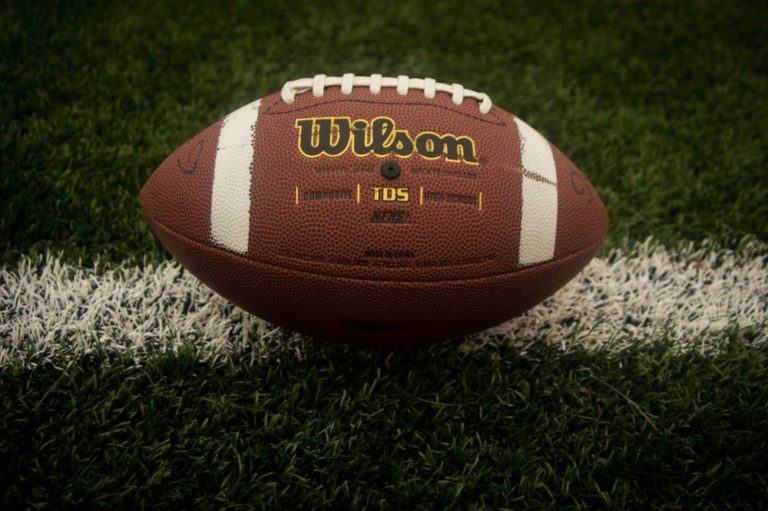
Sportsmanship (and compassion for people) is important in both the participation and viewing of sports
Sports are a common past-time for many of us. I was watching the big Bears/Packers rivalry game this week, and saw Aaron Rodgers leave the field with a very painful, and very distressing, injury. I went online to see if there was any information about what had happened and was pretty horrified at what I found. For every comment of support and encouragement, I found a hateful and harsh comment from people who actively wished for him to be out for the season, who felt that he “deserved” it, who called him a money-hungry jerk who doesn’t care about his team. Whoa.
That is very disappointing. While it is only a small example, and potentially easy to shake off in the world today (where this kind of online activity is sadly common), I think it represents a very unhealthy pattern of how we engage with sports and athletes as a culture, and how easily we can lose sight of our humanity and compassion.
Let me be sure to say: Sports are great! They are an opportunity for us to do so many wonderful things: find a community, share in an experience, get excited about something, practice competition, push the limits of the human body, and celebrate the achievements of our favorite players and teams. Unfortunately, sports can also bring out the worst in us at times, leading to judgment, conflict, and disrespect.
As you continue into the fall sports season, please consider practicing a healthier, kinder, and more compassionate approach to sports
It is fine to want your team to win
Obviously. But there is a difference between celebrating the achievements of your team and wanting them to do well, and wishing for the other team to do poorly and lose. Root for your team, and maybe spend less time rooting againstothers.
Be careful not to dehumanize athletes
It is easy to see athletes as objects of our enjoyment and entertainment. This means that they are “good” when they do well for our team, and “bad” when they don’t. Really, they’re people who are as fallible and human as you are. The next time you have an off day at work, imagine if thousands of people took to the internet to let you know that you’re “garbage” because of it. Yikes. Not fair to you, not fair to athletes.
Be careful not to dehumanize referees
They make mistakes, just like you do at your job. It is a natural part of any sport, and is genuinely frustrating when it negatively impacts your team. You are allowed to be upset, but please remember that they are people.
Do NOT root for injuries
These are people. We are not back in a coliseum watching people fight to the death (and thank goodness). To want another human being to be harmed for the sake of your own satisfaction, or the victory of your team, is pretty gross. It’s easy to get caught up in the moment, but sit back if you catch yourself doing it, and check yourself a bit.
Pay attention to what you model for kids
Kids are paying attention, and they see you berating players, coaches, and referees. You may know that your behavior is confined to the sport, that you’re just passionate, and that you don’t really mean it. For kids, it tends to be simple. They see the way we treat people and follow suit.
It’s okay to be passionate!
Many of us who are avid sports fans would have to admit that we’ve yelled at the TV more than once, fallen to the floor after a failed attempt, and jumped/cried/screamed at a great victory. That’s awesome! What a cool thing that we all get to share in, and what a fun way for us to engage with one another and feel a sense of community with people – sometimes all over the world. It’s okay to get caught up. But when you’re angry, when you’re wishing someone harm, when you’re resorting to name-calling – maybe slow down for a second, and remember that these are other people, playing GAMES, for your entertainment.
![]()
